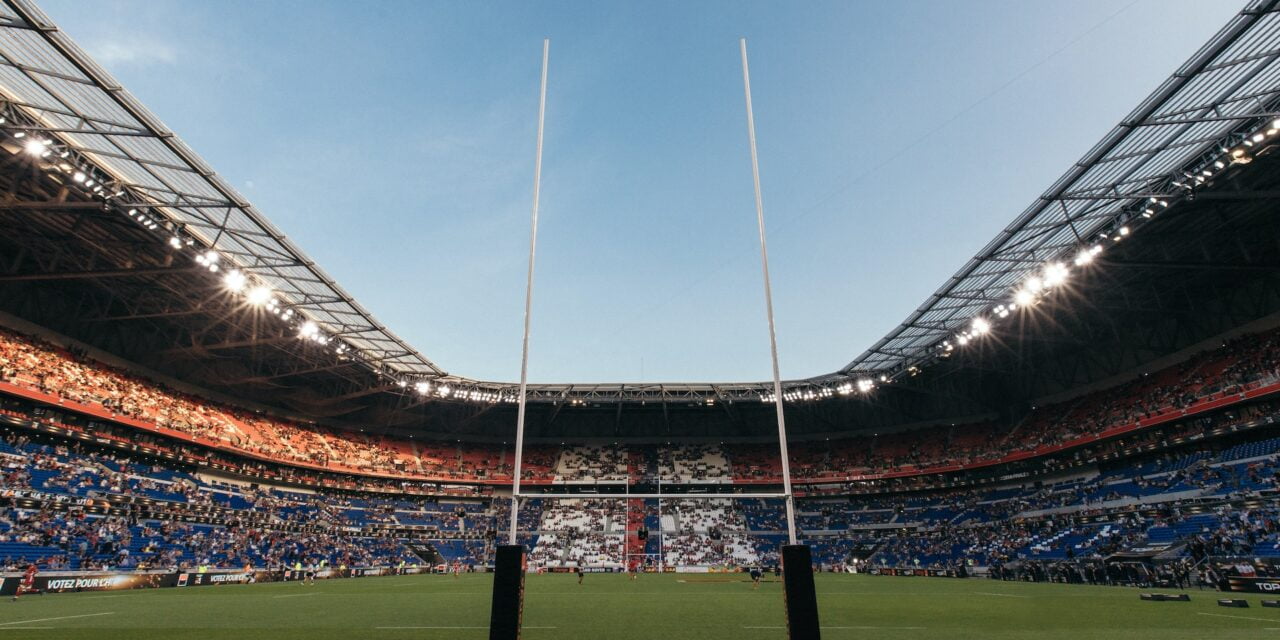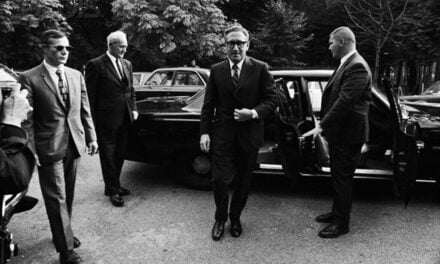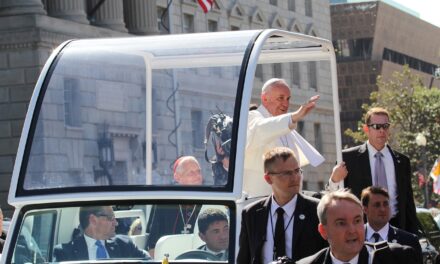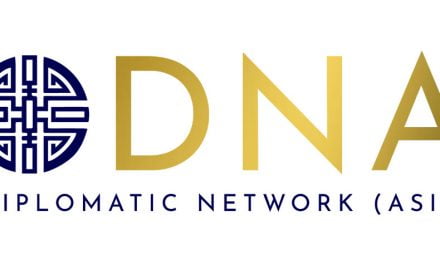In the world of sports, a nation’s pride often finds its purest expression. It is a moment when identities are put aside, and collective pride transcends borders, cultures, and backgrounds.
Over the weekend, the Rugby World Cup witnessed history in the making as the South African Springboks, in a display of unity and excellence, secured their second consecutive title.
The significance of this achievement goes far beyond the realm of sports, underlining the power of sport to bring people together.
The Springboks, renowned for their resilience, tenacity, and indomitable spirit, have showcased not only their mastery of the sport but also their ability to unite a nation like no other force can – just as they have done so many times before.
This victory has echoed the words of our beloved Nelson Mandela, who said, “Sport has the power to change the world. It has the power to inspire. It has the power to unite people in a way that little else does.” The Springboks’ triumph and the ramifications of their win are testament to the profound truth in those words.
The Springboks, or Bokke, serve as a powerful symbol of unity, just as they did in 1995 when they held the same trophy but for the first time. In those moments on the rugby field, South Africa comes together as one, regardless of background or identity.
The significance of this achievement cannot be overstated, particularly in a world marked ever more by divisions and conflicts.
Sport has proven time and again to be a bridge that connects disparate communities, transcending social, racial, and political boundaries. It is a reminder that when we come together in the spirit of competition, we discover our shared humanity and the strength that lies in our unity.
It is a reminder to the world of what can be accomplished when a people stand together, and it is a testament to the enduring power of sport to heal, inspire, and unite. This is the real triumph of the Bokke – although bringing the trophy home is definitely a plus.
Furthermore, after watching interviews with both Springbok Head Coach Jacques Nienaber and Captain Siya Kolisi, the importance of good leadership is immediately recognisable.
In isiXhosa, one of South Africa’s 12 official languages, there’s a term, “makwande”, which means ‘let there be growth, let there be prosperity’.
This will forever remain beyond our reach beneath the bickering of leaders and lingering wounds of communal trauma – and I think it’s clear that this truth transcends borders. The Springboks’ win has unified South Africa, sure, but if we look a little deeper there is something more to be gleaned.
In 1995, the Springboks helped South Africa pull back from the brink and unify before our differences laid waste to our beautiful South Africa.
Still today, they serve as a poignant reminder of the transcendent power of sports and the inherent desire of human beings to come together in pursuit of a common goal. It teaches us that even the most profound divisions can be bridged when there is a genuine commitment to reconciliation and unity, complimented by strong leadership towards that common goal.
The global community would do best to remember this lesson. Not only does multiculturalism and togetherness synergise our strengths, but it also inspires others to do the same.
Let us all remember the spirit of the Springboks and the profound lesson that they teach us: when we come together, we can achieve anything despite any odds stacked against us – as long as you’re not a rugby team playing against the Bokke.
Makwande.







